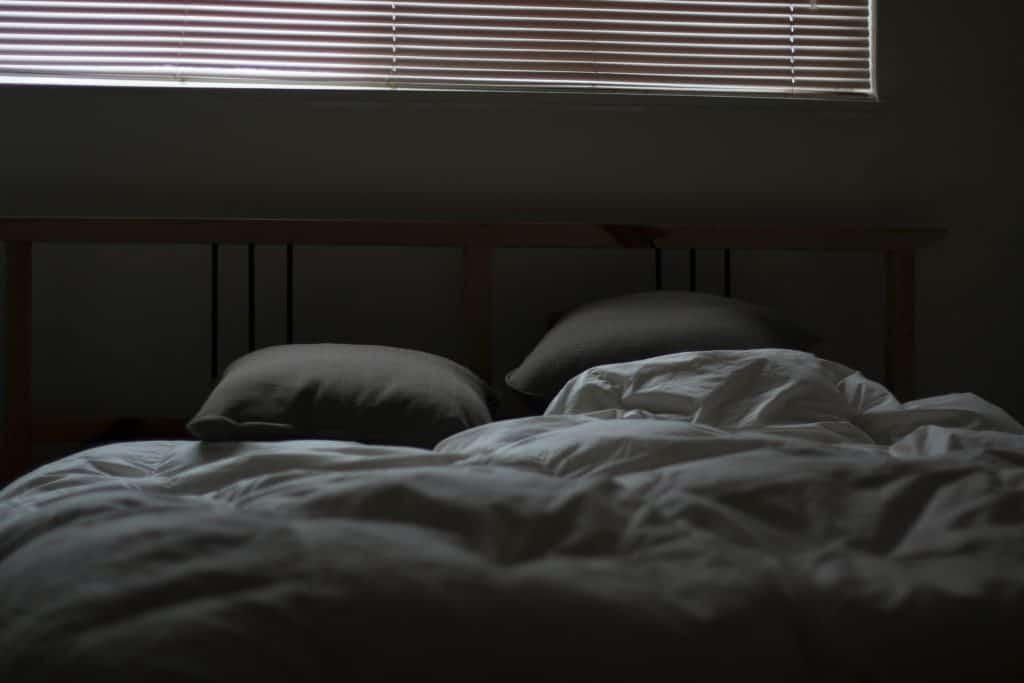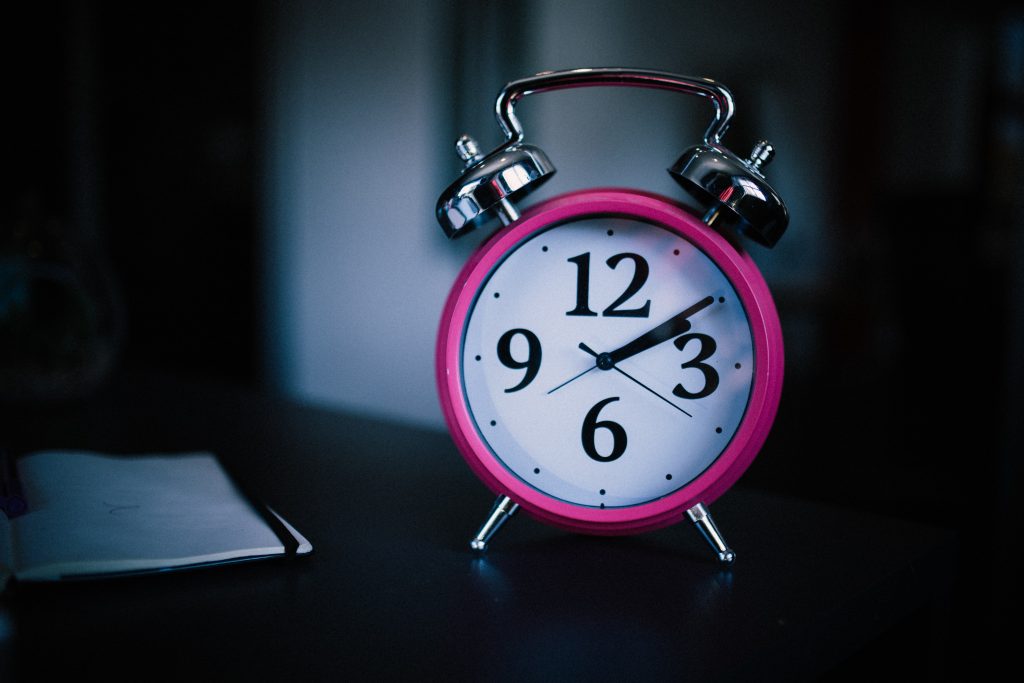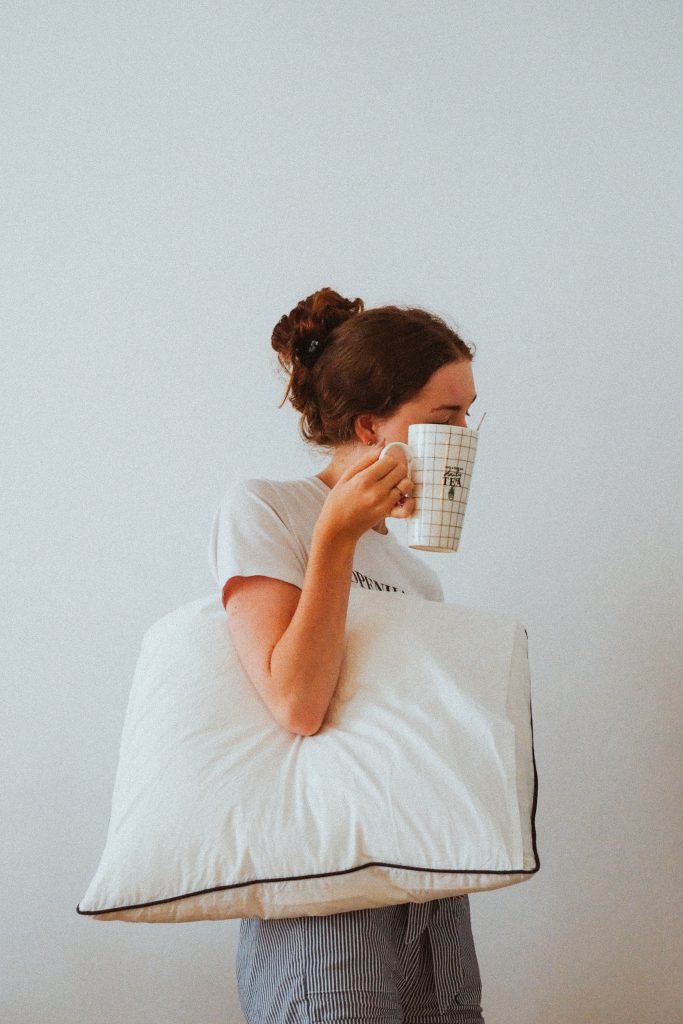
Sleep can be an elusive beast at the best of times. And yet, it’s a problem that many of us have. The quality or quantity (or both) can be the issue at play. And the reasons why we aren’t getting enough or sleeping well will be incredibly individualized. The good news is there are a lot of resources and ideas out there we can access to improve our sleep. These are based on research around sleep hygiene but also come from product recommendations and anecdotal evidence from those around us.
For more on 10 Tips For Better Sleep read here.
For more on 5 Sensory Products for Better Sleep read here.
Sleep & Mental Health
As many of us will know sleep can have a huge impact on our health generally. Both physical and mental. And many of us will have direct experience of this. I am simply not my best self when I am deprived of sleep. Sometimes this can be cumulative; not having enough sleep or sleeping badly for consecutive days or months. Other times it can be a perfect storm of reasons which result in bad sleep; in amount and quantity. But however it happens, I certainly feel the effects. My ability to cope with more minor (and major) stresses becomes impaired. I’m more likely to react emotionally rather than logically too. It can impact my relationships as my communication skills will be different. I may not explain myself as well or struggle to find the words. My mood is likely to be lower too and things will bother me in a heightened way. Compared to how I feel when I am well-rested.
What’s Marmite Got to Do with It?

As we know, when it comes to marmite, you either love it or you hate it. And that was my first reaction when I heard this tip. I was running a training session on teenage mental health when someone mentioned that as a young person they were struggling to sleep. Their teacher suggested that when they went to bed, they should comfort themselves with this one thought. All you need to do right now is sleep.
But here’s the thing. It struck me that this could either be exceedingly helpful advice or potentially anxiety inducing. The balance of helpful to unhelpful probably depending on who we are as individuals. Exactly like our tolerance to marmite. I’m unsure on which way I swing here. It may be subject to change on a given night. I’m unsure.
The Good, The Bad and The I Don’t Know
So, why am I sitting on the fence so much with this? I reckon that this will really click for some people. I know for others it won’t. And for me, well I think it will depend and here’s why.
The Good
On the one hand, the thought that all I have to do is sleep could be incredibly comforting. Sleep often eludes me when my head is full of everything I still need to know. I’m unable to escape my to-do list long enough to drop off. The knowledge that my job, in that moment, is to sleep could be helpful. It may erase the constant fear that I’m wasting time not falling asleep. When I could be doing the bazillion things that are on my to-do list. And the worry that the next day will be busy and stressful. And that I won’t tick off everything I have to do. Also, I’m quite good at focussing at the task at hand. So, knowing all I need to do is sleep may allow me to keep other thoughts at bay and to try and relax.
The Bad
Alternatively, the idea that I should be sleeping. And, for whatever, reason, sleep is eluding me could induce high stress levels or trigger my anxiety. I find that there is nothing worse than watching the clock as the hours remaining until morning dwindle. And the prospect of a new day draws closer. Which I’ll have to face sleep deprived and stressed because, despite having been in bed and tried to sleep, I’ve not managed to rest. Likewise, the inability to sleep, when I know it’s what I need and should be doing, could feel an awful lot like failure. There is the potential for frustration or even anger to enter the scene. Particularly when I’ve gone to bed early or engaged in a sleep routine to help me get some much needed shut eye.
The I Don’t Know

Thus, the pendulum could swing either way for me. I imagine there may be times when this sleep tip could work. Potentially on days where I am more relaxed. Perhaps I’ve had a good day, have gone to sleep at the right time or have been successful in getting things done. With lower stress levels I’m likely to fall asleep easier. But also be accepting of the idea that sleep is the right choice and therefore allowing it to happen. Conversely, on days where stress levels are already high. Likely to be days where my to-do list seems to have grown despite having worked to tick items off. Sleep is more likely to be elusive. Not only because I’m too agitated, annoyed, frustrated etc to relax enough to fall asleep. But I’m also likely to be too preoccupied with what I need to do the next day. With my brain so full of thoughts, it’s hard to accept that sleep isn’t a waste of time but rather a necessity to allow me to do the things I need to do the next day. And, whilst I know this logically, when I’m tired my emotional self takes over and the logic becomes harder to see.
Maybe this tip sounds perfect for you. Or perhaps you know it would be the worst thing for someone to tell you. Then again, you may, like me, be hedging your bets and sitting on the fence. Whatever your thoughts, let us know in the comments below!
